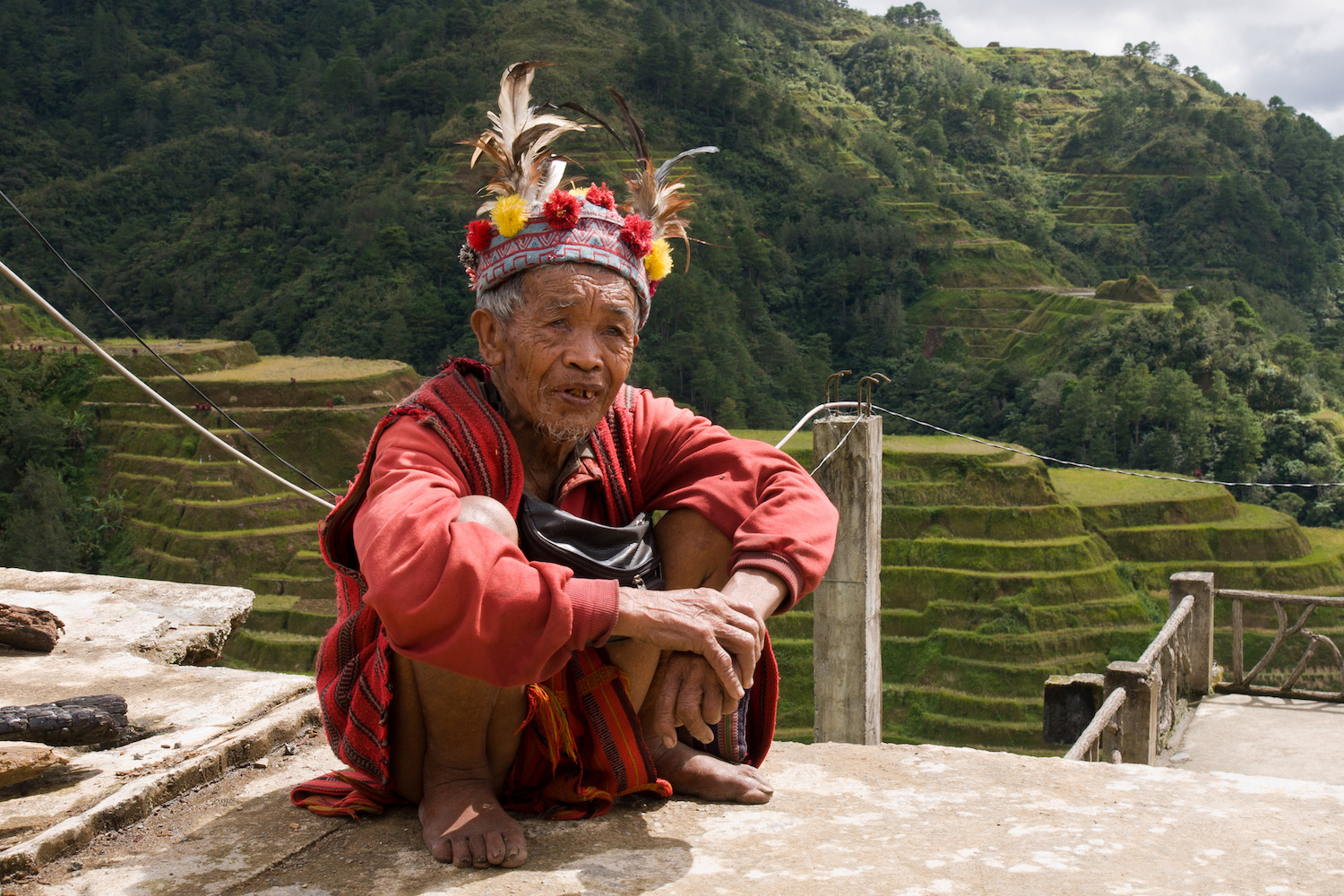Why do you travel? It’s a pretty big question, one I often ask myself when the going gets tough, when it all seems like too much. Sometimes I feel like I’m aimlessly trotting around, but for the most part I know what I get out of travel: The experience of different cultures and novel ways of living.
There’s a lot to see in the world, and it’s nice to absorb the man-made and natural beauty that the planet has to offer. Ultimately, however, it’s the people—and the curious cultural aspects of places—that make up a journey’s lasting memories and life lessons.
Not Bad, Just Different
The more we step into foreign lands, the more we come to know that there is no right or wrong way to structure society or to think about life. As a tour guide of mine once said, upon explaining the Ecuadorian dish called cuy (guinea pig), “it’s not bad—just different.” Indeed, there are perspectives and ways of living, cultural differences that we may or may not agree with, but we should embrace off them in order to learn and grow.
It’s always best to have an open and respectful attitude, like you’re a visitor in someone’s home. Not only will you gain more from your experience, but you will also give more back. In my opinion, traveling with a sense of superiority serves you very little. You have to let go in order to gain a proper understanding of why people think as they do, and why a place is as it is.
As you travel, you will discover a great number of cultural differences, from the way people dress, to the standard (and price) of a public toilet. From the foods that they eat, and the times that they eat it, to the music that keeps them entertained at night.
Cultural Differences Around the World
Every culture has its differences, and they are fun (and important) to learn about. You might find it’s polite to burp in certain situations after a meal in India or Turkey, for example, but in Europe this is generally considered bad manners. Personal space is a big deal in some countries, but in others you might get hugged by a complete stranger!
Customs and rituals can also vary immensely. In Germany you might find newlyweds smashing plates (and then cleaning them up together). If you ever end up at a Kenyan wedding, on the other hand, you may be surprised to see the bride’s father spitting on her head.
But the differences span deeper than what you can see on the surface. People have differing beliefs about the world, and differing attitudes towards societal issues—on what it means to be an adult, on problem solving, priorities and how to use time and energy, on fate and free will and everything in-between.
The Bottom Line
We’re all human and, when it comes down to it, most of us want the same things: Comfort, shelter, food, and for our loved ones to be happy. Yet there’s also a lot to learn from each other’s differences. Indeed, if there’s one real reward to traveling, it’s the wider perspective that develops from understanding various points of view, where they come from and how they fit into the bigger picture.
Main image credit: Wikipedia.org.

Robert Schrader is a travel writer and photographer who’s been roaming the world independently since 2005, writing for publications such as “CNNGo” and “Shanghaiist” along the way. His blog, Leave Your Daily Hell, provides a mix of travel advice, destination guides and personal essays covering the more esoteric aspects of life as a traveler.









